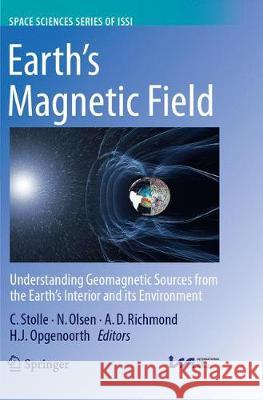Earth's Magnetic Field: Understanding Geomagnetic Sources from the Earth's Interior and Its Environment » książka
topmenu
Earth's Magnetic Field: Understanding Geomagnetic Sources from the Earth's Interior and Its Environment
ISBN-13: 9789402415148 / Angielski / Miękka / 2018 / 626 str.
Earth's Magnetic Field: Understanding Geomagnetic Sources from the Earth's Interior and Its Environment
ISBN-13: 9789402415148 / Angielski / Miękka / 2018 / 626 str.
cena 664,20
(netto: 632,57 VAT: 5%)
Najniższa cena z 30 dni: 636,13
(netto: 632,57 VAT: 5%)
Najniższa cena z 30 dni: 636,13
Termin realizacji zamówienia:
ok. 22 dni roboczych.
ok. 22 dni roboczych.
Darmowa dostawa!
Kategorie BISAC:
Wydawca:
Springer
Seria wydawnicza:
Język:
Angielski
ISBN-13:
9789402415148
Rok wydania:
2018
Wydanie:
Softcover Repri
Ilość stron:
626
Oprawa:
Miękka
Wolumenów:
01











